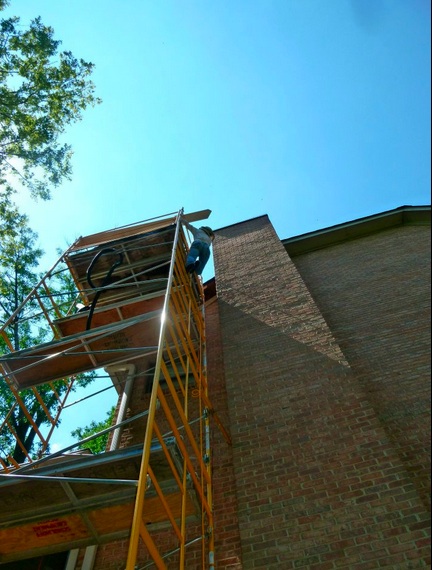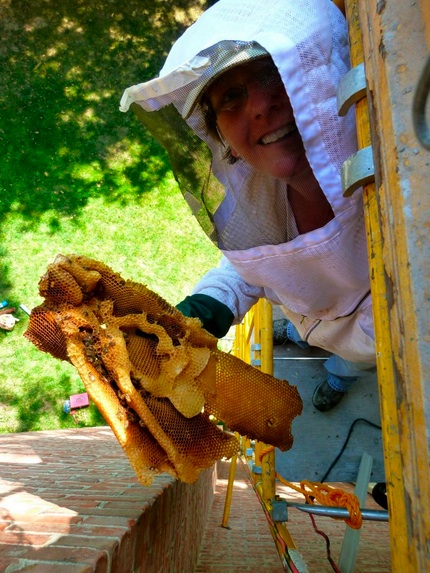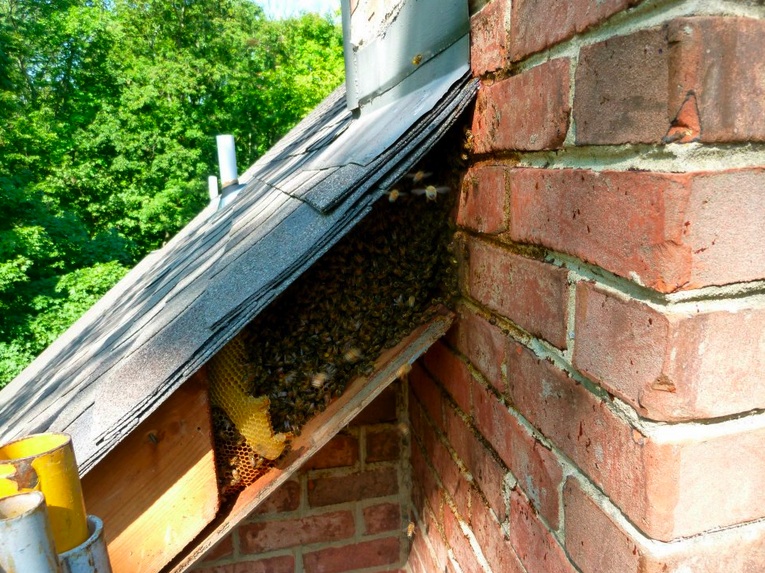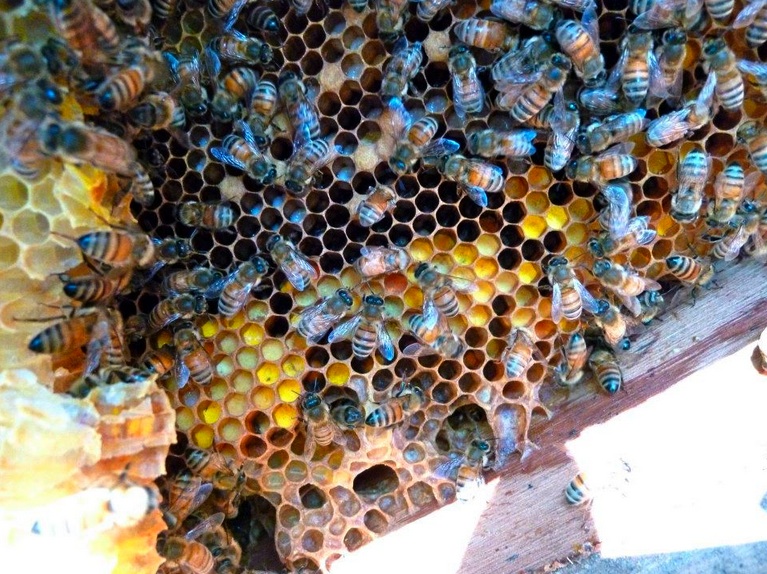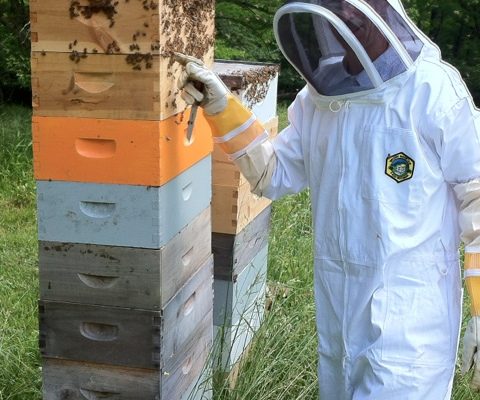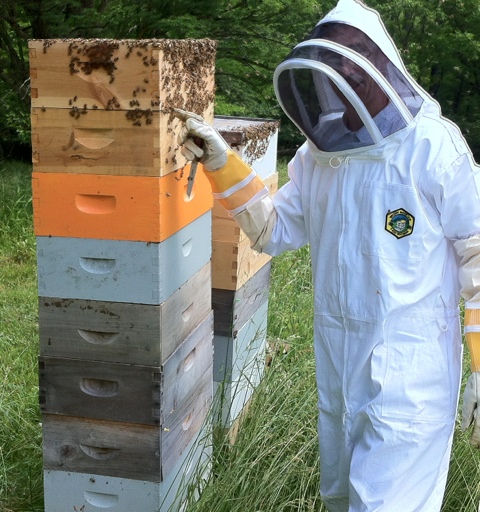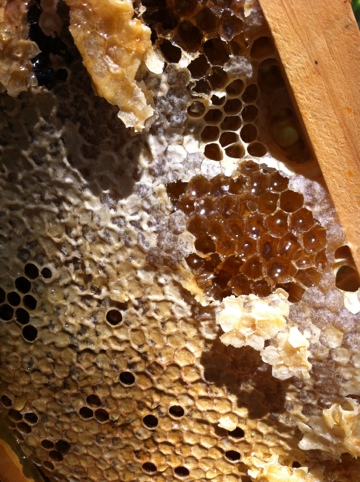My mother was like the bees
BY TED KOOSER
because she needed a lavish taste
on her tongue,
a daily tipple of amber and gold
to waft her into the sky,
a soluble heat trickling down her throat.
Who could blame her
for starting out each morning
with a swig of something furious
in her belly, for days
when she dressed in flashy lamé
leggings like a starlet,
for wriggling and dancing a little madly,
her crazy reels and her rumbas,
for coming home wobbly
with a flicker of clover’s inflorescence
still clinging to her clothes,
enough to light the darkness
of a pitch-black hive.

